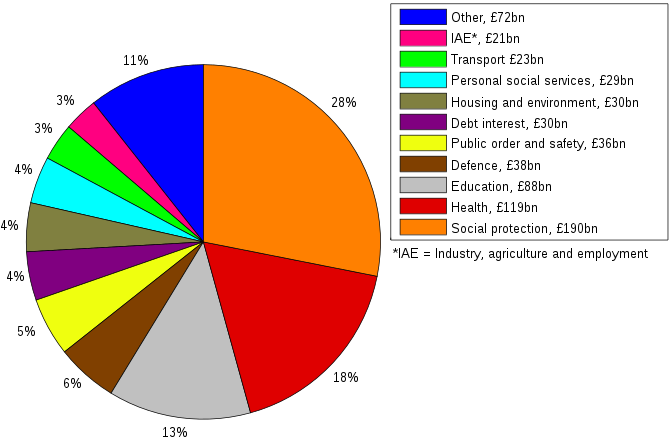This has been on various UKIP election leaflets, so it’s evidently a claim they’re proud of – but does it stand up?
Simple maths tells us that Britain paying £40 million a day to the EU would mean an annual contribution of £14.6 billion. However, the most recent Treasury Report on the UK’s EU budget contributions (PDF) shows the following GROSS figures:
2005 – £12.5 billion
2006 – £12.4 billion
2007 – £12.5 billion
2008 – £13.7 billion (estimated)
£13.7 billion divided by 365 = £37.5 million, so UKIP are, at the very least, rounding up by £2.5 million a day. Not much to round up by? That works out as £912,500,000 a year – I hope UKIP won’t be that out with their sums if they ever get near power…
But what about the rebate? What about the EU funds that are paid back to the UK in the form of things like the European Regional Development Fund, European Social Fund and the like? What’s the NET contribution? (Again from the most recent Treasury report)
2005 – £3.6 billion
2006 – £3.9 billion
2007 – £4.6 billion
2008 – £3.6 billion (estimate)
UKIP deliberately using gross rather than net to make the situation seem worse is to be expected, of course, but still – let’s be generous and take the highest figure of £4.6 billion – that’s still a lot of money, right? It may only work out as £12.6 million a day, but that’s still a lot of money.
Well, yes. But big figures are nothing without context, so let’s see how much the UK government spends on other things:
Would you look at that? The UK may be forking out a net figure of around £4 billion a year for EU membership, but at the same time we’re having to pay £31 billion a year merely to service the INTEREST on our debt. That’s not *pay off* our debt – just keep up with the interest. Christ!
In other words, the EU costs us 7.75 times LESS than it does to keep the international bailiffs from the door. (And that £31 billion was BEFORE the most recent round of government borrowing, and before the collapse of sterling, both of which will have hugely escalated the figure for this year, as and when it’s released.)
So, £31 billion in interest payments, for which we see no return whatsoever, versus £4 billion in payments to the EU, from which even its harshest critics must admit that we get *some* benefits – even if they will only admit to cheaper mobile phone charges or ease of travel. I don’t know about you, but I’d say that’s not too bad a deal, in comparison.
Update, October 2010:
If you’re interested in this post, you may also be interested in:
– What are the economic costs of the EU?
– What percentage of laws come from the EU?
– Why legislating and regulating at EU level is almost always a good thing
– The dishonesty of the EU debate

Pingback: Why is there a misconception that the EU has done the UK no good? | Nosemonkey’s EUtopia
Pingback: @onthecouchagain
Pingback: @GregCampbell5
Pingback: @SLATUKIP
Pingback: @PeterS35280231
Pingback: @SuperRetroid
Pingback: @syhrtaylor
Pingback: @MichaelAbberton
Pingback: @NSmudgeChapman
Pingback: @georgewpotter
Pingback: @Mr_S_Clean